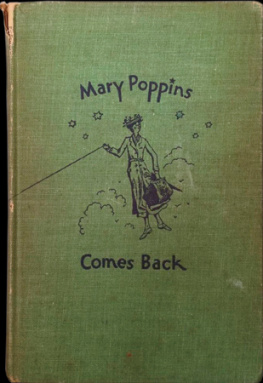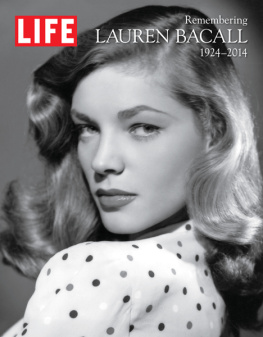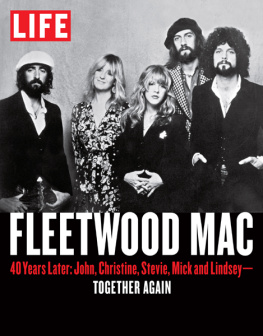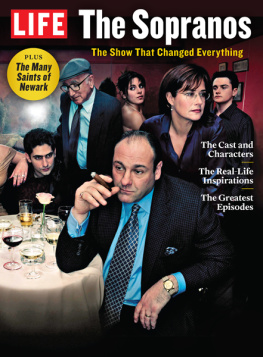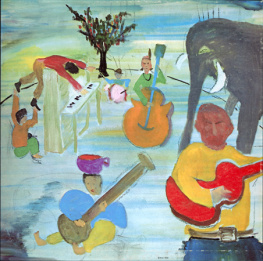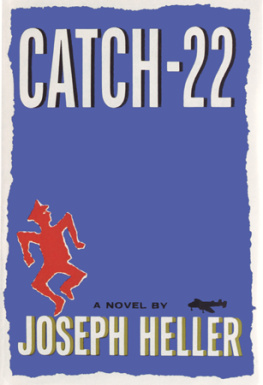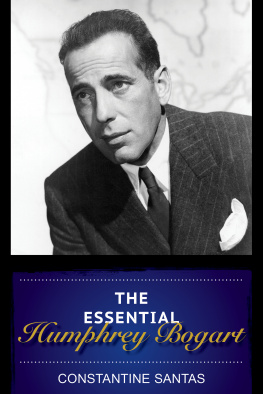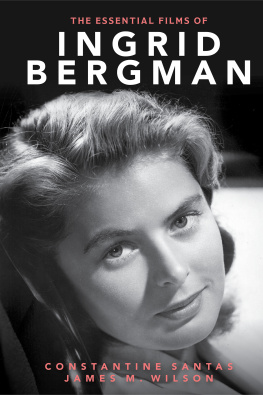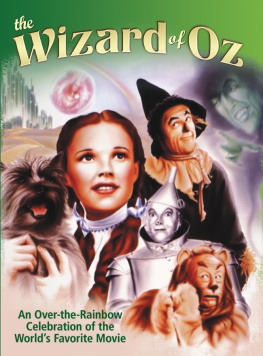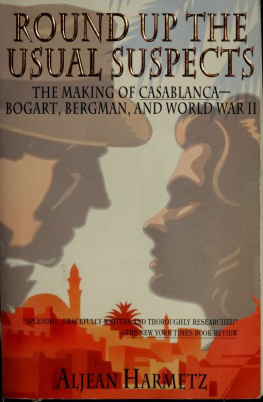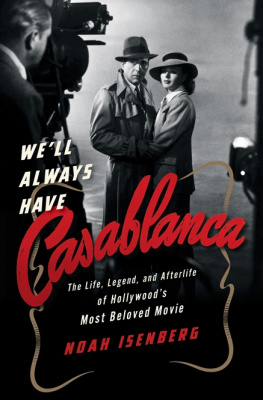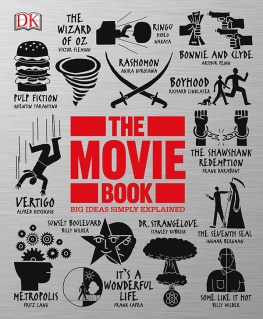

Casablanca
The Most Beloved Movie of All Time
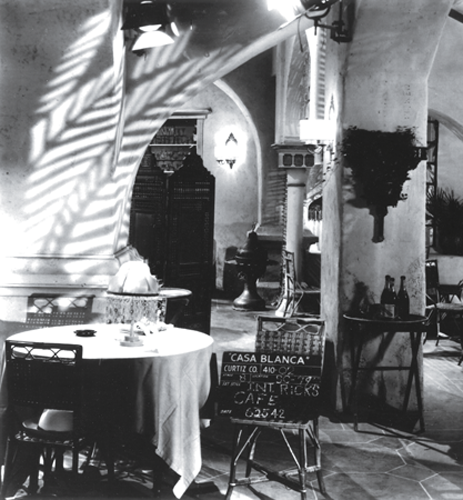
MARC WANAMAKER/BISON ARCHIVES
ALL SET TO GO Ricks Caf Amricain.
Contents
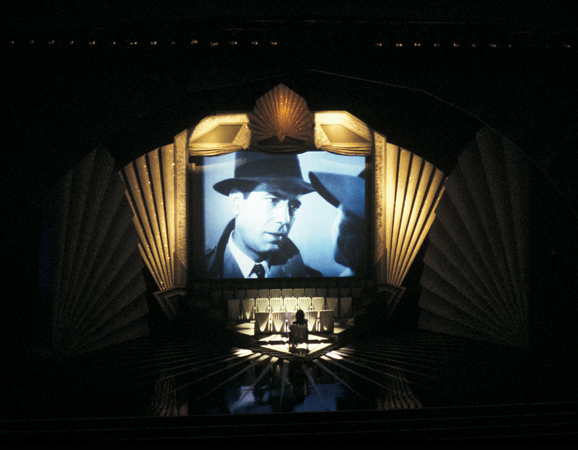
THATS ENTERTAINMENT Actor Lucie Arnaz, who performed Hooray for Hollywood for the 53rd Academy Awards ceremony in 1981, watched a clip of Casablanca .
Introduction
Love, Always
In the truest, most affecting love stories there are no happy endings. Romeo could not have Juliet. Scarlett could not end up with Rhett. Antony could not live with Cleopatranor Richard Burton with Elizabeth Taylor. Likewise, although Casablanca s screenwriters struggled with the details of the films last moments, they ultimately knew that Rick and Ilsa would have to give each other up. The film at its core is about self-sacrifice and honor. Rick had to do the noble thing, the right thing. That is why audiences loved it in 1943 and why on its 75th anniversary, we continue to love it today. Casablanca represented and represents our best selves, our ideal world.
There are of course plenty of other contributing factors to Casablanca s popularity and endurance: murder, heroism, intrigue, spies, double crosses, and black-marketeers, all in an exotic locale. The acting was superb. Humphrey Bogart, in a role that turned him into an international sex symbol, mesmerized audiences as the emotionally wounded cynic who transforms into a self-sacrificing idealist. Ingrid Bergman as his true love, radiated purity and principles. Bit players and extras, many of them European immigrants who had escaped Hitler, infused the film with a verisimilitude that central casting could never have duplicated. The dialog sparkled, the moral code was clear.
I feel about Casablanca that it has a life of its own, Bergman said toward the end of her life. There is something mystical about it. It seems to have filled a need, a need that was there before the film.
Yet from the beginning, the films success defied reason. Some early readers at Warner Bros. discouraged producer Hal Wallis from acquiring the play that inspired the movie, Everybody Comes to Ricks, because it was melodramatic hokum. This guy Rick is two-parts Hemingway, one-part Scott Fitzgerald, and a dash of caf Christ, commented writer Robert Buckner. For all of Bogart and Bergmans on-screen chemistry, off-screen they never clicked. An early showing of the final cut, in Warners Huntington Park theater, got a lukewarm reception. Even screenwriters Julius and Philip Epstein, who were responsible for most of the script, wrote to Wallis saying they thought the film was going to be a big flop. Wallis kept the note, Julius told Aljean Harmetz, author of Round Up the Usual Suspects. Whenever we had an argument with him about anything, he would open his desk, take out the memo and give it to us.
Fate seemed to intervene in Casablanca s favor at each juncture. Everybody Comes to Ricks landed with Wallis five days after the bombing of Pearl Harbor and was rushed into production to take advantage of an expected demand for war films. Wallis wanted William Wyler to direct, but Warners Michael Curtiz was available, so he got the job. In a deal to secure Cary Grant for Arsenic and Old Lace, Warner almost lent Bogart to Columbia, Grants studio, but the swap got called off because of Columbias scheduling issues. The biggest bit of luck for Casablanca was Operation Torch, the invasion of North Africa by Allied troops, many of whom came ashore at Casablanca, the port city in northern Morocco, prompting Warner to move up the release date by more than half a year.
Audiences connected immediately and Casablanca became the sixth top-grossing movie for 1943 and, the following year, the winner of three Academy Awardsfor Best Picture, Best Writing, and Best Direction. But it was really Bogarts death in January 1957 that resurrected the actor as a renegade hero, and with him, the reputation of Casablanca. An arts theater in Cambridge, Massachusetts, began screening Casablanca for Harvard students, who started showing up in snap-brim hats and trench coats, able to quote sections of the film by heart. Bogie fever spread. To bogart became a verb for the 1960s counterculture, meaning to hang on to a shared marijuana cigarette, after the actors penchant for smoking. Bogarts ghost turned up in a Woody Allen play and movie, Play It Again, Sam, offering romantic advice to its nebbishy hero.
Today, there is hardly a list of best films of all time that doesnt include Casablanca in its top five. Some even have it at No. 1. The movie is densely plotted. There are no chase scenes or special effects (unless you count the spinning globe used just after the opening credits). Its characters are ambiguous, complex. The story is sentimental. It celebrates sacrifice and idealism. In short, Casablanca possesses none of the features of a 2018 box office hit. And yet the film is as beloved as ever, its themes and ideals serving as a lingua franca connecting disparate generations. As Senator Elizabeth Warren has written, Each time I watch it, Casablanca gives me hope.
Heres looking at you, Casablanca.
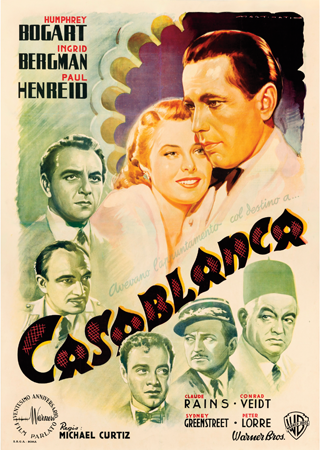
HERITAGE AUCTIONS
EXOTIC LOOK This poster was produced in Italy in 1946, the year the film opened in that country, and sold for a record-breaking $478,000 in the United States in 2017.
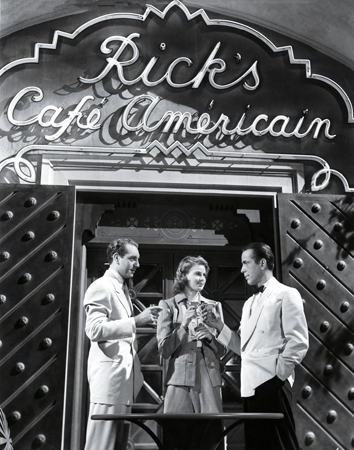
MARC WANAMAKER/BISON ARCHIVES
Paul Henreid, Ingrid Bergman, and Humphrey Bogart toast on the Ricks Caf set for a publicity still.
A Hollywood Production
As the United States entered World War II, studios rushed to get films underway before talent shipped out for combat. One of the first to get the green light: Casablanca

BETTMANN/GETTY
DARK VICTORY In March 1944, crowds arrived at Graumans Chinese Theatre for the 16th Academy Awards, where Casablanca would win three Oscars. Due to wartime restrictions, only two searchlights were allowed to illuminate the theater.
On December 12, 1941, with America reeling from the attack on Pearl Harbor, an unproduced stage play, Everybody Comes to Ricks, landed on the desk of Warner Bros. producer Hal Wallis. The melodrama centered on an American expat in Morocco and the plight of refugees seeking to escape Adolf Hitler; its characters were undeveloped, its dialog was hokey, and it had been rejected by studios throughout Hollywood.
But Wallis liked the plays romance and exotic locale, which echoed Algiers, a 1938 hit similarly set in North Africa. And the timing was, well, optimal. For U.S. audiences freshly committed to beating the Germans, what could be more appealing than the story of a laconic American solving the problems of Europeans, Wallis wrote in his autobiography. He agreed to pay an unprecedented fee, $20,000the combined annual salary of roughly half a dozen Warner employeesand within the month, had settled on an evocative, one-word title for the property, Casablanca, after the Vichy-controlled port where the action unfolded.
Next page

